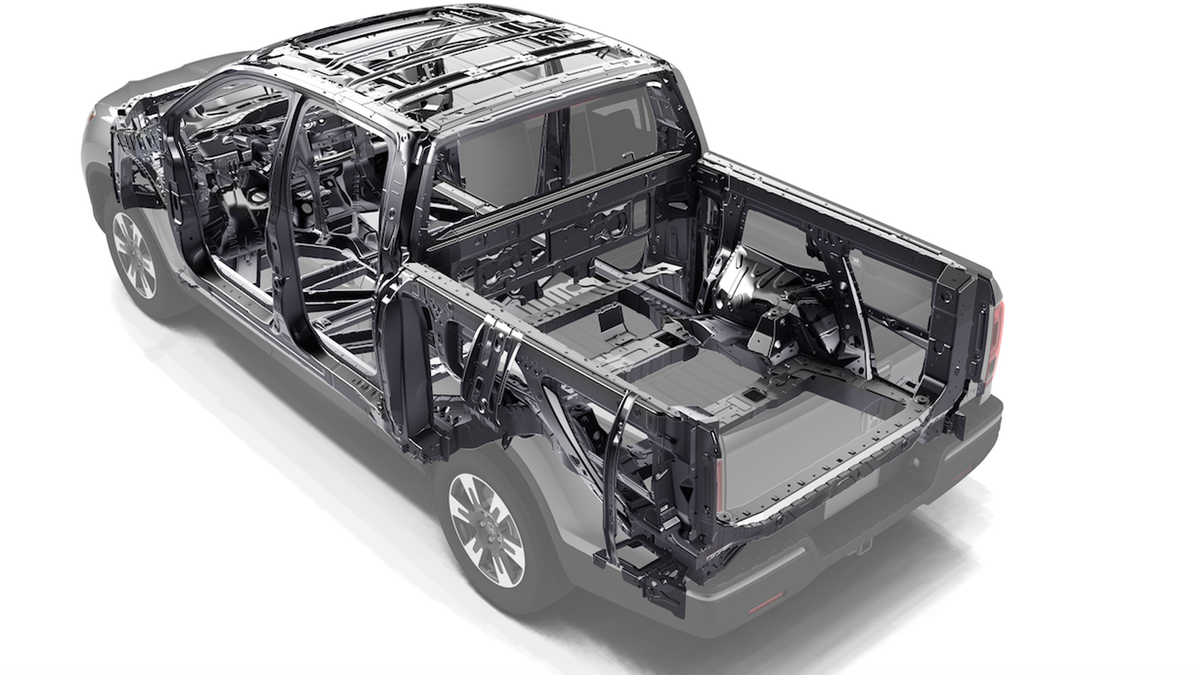
If Your Car Has A Timing Belt, It's Not Really 'Reliable' - The Autopian
The legendary Toyota Land Cruiser, the unstoppable XV20 Toyota Camry, generations of Honda Accords, the smooth and trusty Lexus LS — these are often mistakenly considered some of the most reliable cars of all time. I say “mistakenly,” because all of these vehicles are expected to grenade...
This one is quite an interesting discussion if only because our Ridgelines all have timing belts, and require replacing ~100k miles. But according to David Tracy, it practically means all Ridgelines are not really reliable because we do rely on timing belts that require interval maintenance (In his example, he uses the 100-Series Toyota Land Cruiser as his primary example).
I should mention for those who don't know, David Tracy used to work as an Engineer at Jeep during the Gladiator project, so it's not as though he's some rando. The guy does have a good understanding of engineering, and can wrench on just about any vehicle you throw at him.
Long post in Spoiler tag
One of my first thoughts though after reading this is he's singling out one part of an engine that is one part of an entire car, and using that to determine if the car as a whole is reliable or not. I honestly don't quite understand that logic, though it is true the timing belt, or a timing chain of an engine, is a very critical part of the beating heart of the car. If that goes, you're potentially looking at a new engine if it's bad enough. He goes on saying you're looking at a grand for a new timing belt, which is true though MOST of the time, there's incidental items that can also be replaced at the same time such as a water pump, seal/gasket, and possibly other wearable items which will also drive the cost up some.
I have yet to actually do a timing belt replacement (My RL only has under 36k miles on it), but based on everything that I've seen/read, and I'm an ok enough DIY mechanic, it doesn't look to be THAT difficult. Maybe time consuming, but not necessarily difficult.
Some of the comments did mention some other wearable items of similar cost such as full brakes/rotors, Suspension, Tires, etc, though in fairness, those are incidental items to EVERY car out there. A timing belt isn't always used in an engine, and thus isn't part of every vehicle's maintenance interval. On the flip side, there are pretty bad engines with Timing Chains where either the chain itself gets stretched out, and/or a tensioner or guide goes bad. While the Chain shouldn't really be a maintenance item, the tensioner and guides are for the most part going to go bad at some point, though again, some makes and models are better than others.
I have yet to actually do a timing belt replacement (My RL only has under 36k miles on it), but based on everything that I've seen/read, and I'm an ok enough DIY mechanic, it doesn't look to be THAT difficult. Maybe time consuming, but not necessarily difficult.
Some of the comments did mention some other wearable items of similar cost such as full brakes/rotors, Suspension, Tires, etc, though in fairness, those are incidental items to EVERY car out there. A timing belt isn't always used in an engine, and thus isn't part of every vehicle's maintenance interval. On the flip side, there are pretty bad engines with Timing Chains where either the chain itself gets stretched out, and/or a tensioner or guide goes bad. While the Chain shouldn't really be a maintenance item, the tensioner and guides are for the most part going to go bad at some point, though again, some makes and models are better than others.
I'm not completely disagreeing with David on this one as I think he has some points, but also believe his take is a little misguided, and doesn't tell the whole story. Does a bulletproof drivetrain complete overrule other aspects of a car that may or may not fail? I would suggest it's about the entire car rather than the engine and drivetrain. I think most will agree that a Land Cruiser not only will still run and drive in 20 years, but everything else around it will also. I don't think you can say the same about most Jeeps, especially when they get into the high mileage threshold of +200k miles or more.
What say you, ROC? Does a timing belt replacement suddenly make a car not as reliable suddenly?








